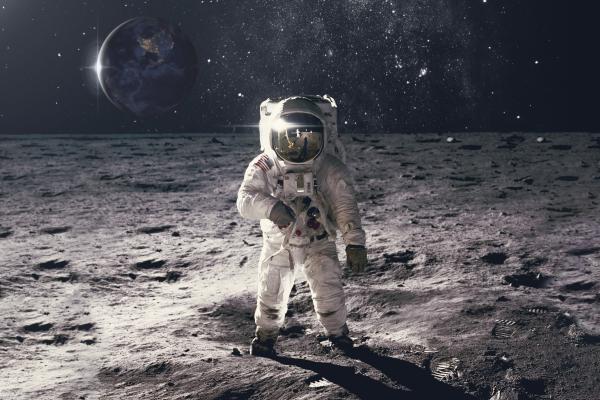Almost every child has dreamed of becoming an astronaut. Learn more about what it takes to become a crew member on a space mission.


The Rundown
What do astronauts do?
Astronauts command, pilot or serve as crew on spacecraft.
Australia does not currently have plans for a crewed space program. As such, astronaut roles are only available overseas. Space agencies such as NASA (USA), JAXA (Japan), ESA (Europe), CSA (Canada) and Roscosmos (Russia) have astronaut programs. Applications only open every few years, and they are highly competitive. Out of thousands of applications, only a handful are selected. Applicants must also be a citizen of a relevant country in order to be eligible. However, the growing commercial space flight industry is creating new opportunities for crew members on spacecraft.
Their responsibilities in space include spacecraft maintenance and repair, and undertaking scientific research. Astronauts are also research subjects themselves. Scientists study them to learn more about how being in space affects the human body.
What you’ll need to know and do
Successful astronaut candidates spend several years in training before joining a mission. This includes physical training underwater and in microgravity to prepare them for life in space. They also learn how to perform the technical tasks necessary for their missions.
Between missions, astronauts in active duty spend much of their time keeping their training up to date. They may also provide technical support to other missions and act as ambassadors for space exploration. A great deal of their work involves talking to the public about life in space. Even the longest-serving astronauts spend the majority of their time on the ground.
Your study pathway
The eligibility criteria for becoming an astronaut varies between space agencies and commercial employers.
Degrees in the following study areas may also be relevant to becoming an astronaut:
- engineering (aerospace, mechanical, electrical, robotics, mechatronics, biomedical or systems)
- science (majoring in physics, chemistry, biology, geology, earth science, oceanography)
- medicine
- mathematics
- computer science.
Almost all universities in Australia offer degrees in these fields. Visit individual university websites for more information.
